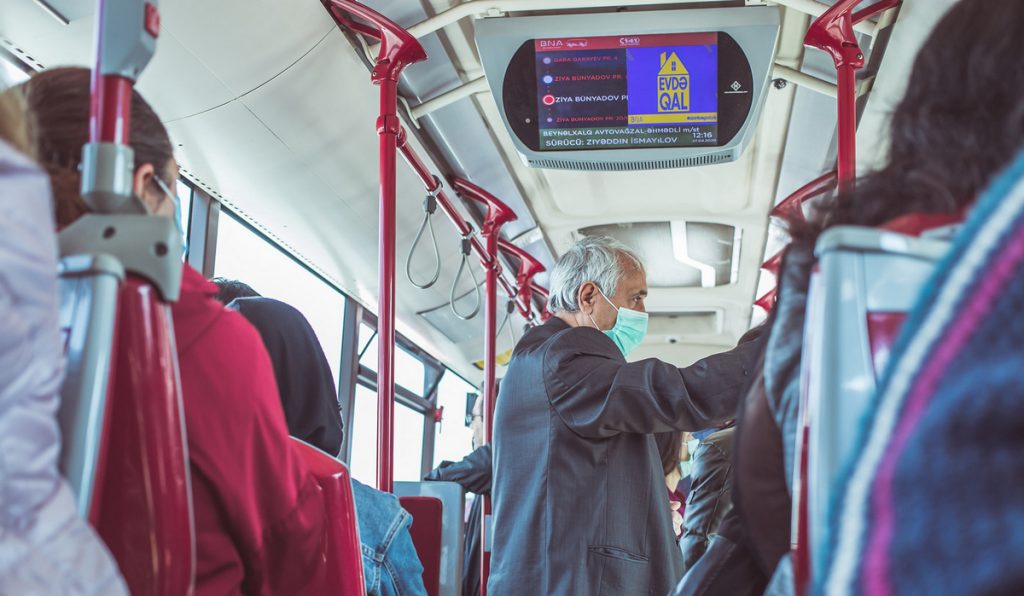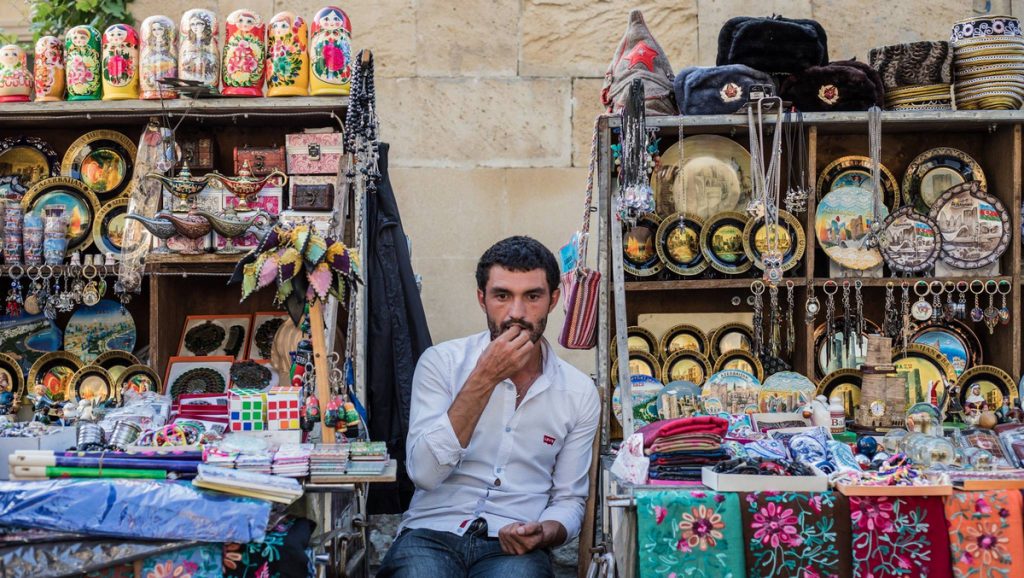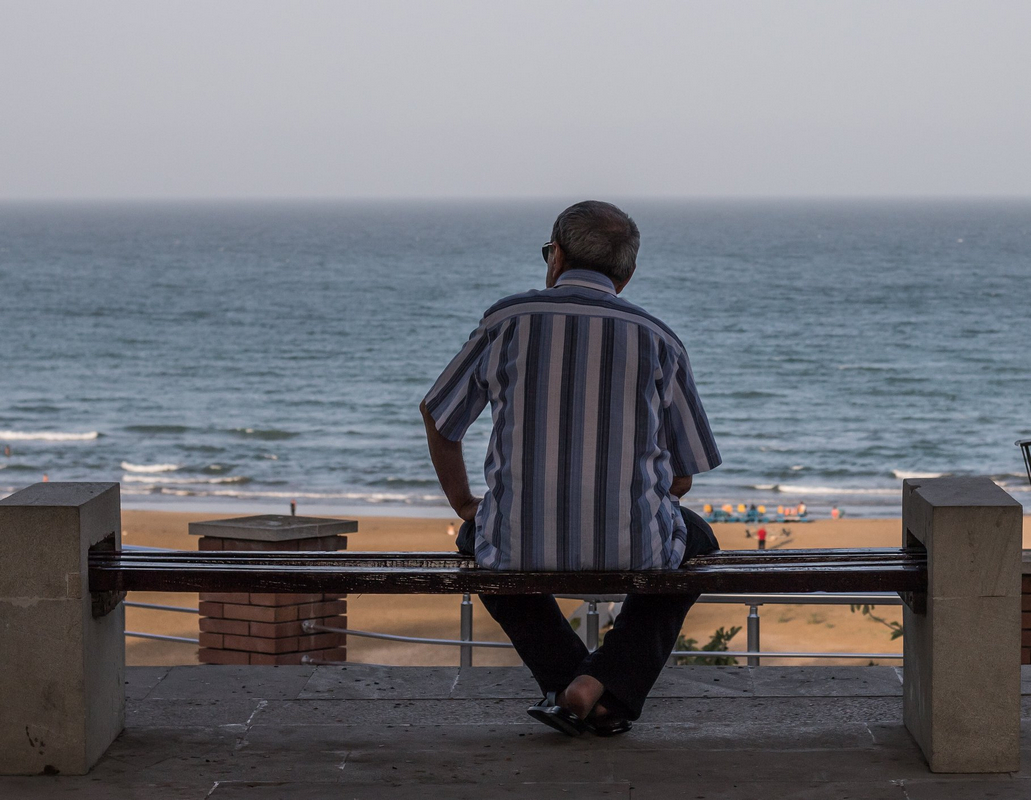Did the Azerbaijani public and government pass the “coronavirus test”?
The number of people who have “officially” recovered from COVID-19 in Azerbaijan is quickly approaching the total number of infected, and on May 4, the country plans to finally end the quarantine. What has happened in Azerbaijani society over the past one to two months?
- Op-Ed: Azerbaijan’s ‘glorious’ victory over the coronavirus: what isn’t adding up?
- How Georgia’s elderly are faring in isolation
- Coronavirus in the life of an Azerbaijani family: unjust fines and empty pockets
In short, for the people of Azerbaijan, the coronavirus itself seemed to be the least of their concerns. Their emotions were directed not towards the illness, but towards fellow citizens and the authorities. And what they expressed was mostly fear and anger. Let’s try to understand why this happened.

Azerbaijan reported its first case of COVID-19 in late February. By early April, the country had been put under a strict quarantine, and the public’s attitude changed from slightly wary to apathetic and irritated.
The reactions of the Azerbaijani public can be categorized into a few main groups:
Reaction 1. People vs authorities: fear and hatred
First of all, the emergency situation exacerbated the long-standing conflict between a significant part of society and the authorities. Almost all the actions of the government over the past two months have caused many either fear, indignation, or mistrust.
This applies to quarantine in hospitals (complaining about the terrible conditions), the restriction on public transport, followed by its complete closure, and tiny support payments given to the population, the incomprehensible system they used to determine who was eligible for these payments, and much more.
Those dissatisfied with the government’s work say that some measures did not work at all, while others worked poorly, and that the legality of all measures taken was questionable from a constitutional point of view.
And, as per usual, the protests never got farther than heated discussions on social media.

Reaction 2: We will help everyone ourselves
Several charitable campaigns were launched on Facebook to help the most vulnerable members of society. These are just Facebook pages where people post the contact information of those in need along with requests to help them, or, for example, a special payment card system, where people can donate funds so that those who do not have the money can buy the products they need in certain stores.
Reaction 3: Conspiracy Theorists
This is the reaction of skeptics who believe that the virus is just a carefully crafted ploy and some sort of global conspiracy.
This scepticism has taken root in normally sensible people. They argue quite reasonably that local the measures imposed by the authorities were inappropriately strict, that they used the situation to further their own agenda and manipulated the statistics of infections and recoveries.
Reaction 4. Apathy
Many in Azerbaijan simply do not intend to change their lifestyle just because of “some flu virus.” The low level of education in the country on the whole plays an important role here. The low income is a key factor as well, in a country where many people lack the savings to survive for even a month. They do not believe in the virus, they believe in hunger.
Even those who were initially afraid of getting sick began to get tired of quarantine simply because it was hard for them to be in a confined space.
Reaction 5. “Our people are not doing enough”
Those who are following all the rules and are really just afraid of getting sick began to feel hatred towards the “maskless” population. To them, the government measures, no matter how harsh, seem justified and necessary.
Some people say that for “these hard-headed people who don’t want to sit at home, there’s no other way” – in other words, that there is no other way to force Azerbaijanis to adhere to the safety rules.

Why is there no unified consensus?
What did this situation reveal about Azerbaijani society?

Philosopher Rahman Badalov believes that the quarantine merely exposed the deep systemic crisis that has been around since long before the coronavirus, and that in the future, this crisis will only continue to grow.
“Our government has long forgotten about its constitutional duties, and sees its responsibility towards the people as a kind of paternalism. This principle has long been recognized not just as erroneous, but destructive.
Among other things, such a principle fosters a demanding attitude in citizens, they get used to this type of ‘care’ and, paradoxically, they are always dissatisfied, because they constantly think that they are missing out out on something, thereby they turn into spectators in their own country.
The other side of the coin is that citizens turn out to be very timid and obedient, because they get used to the fact that only those in power have power (a not insignificant tautology).
As for the measures taken by the government, they could be met with approval if they were implemented in the legal field, and not as part of the same ‘paternal care.’ The lack of legal awareness among the population is not a justification for the authorities neglecting proper legal procedure.”


















